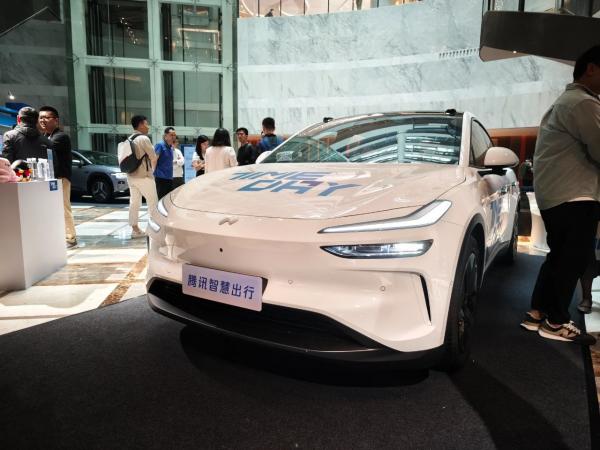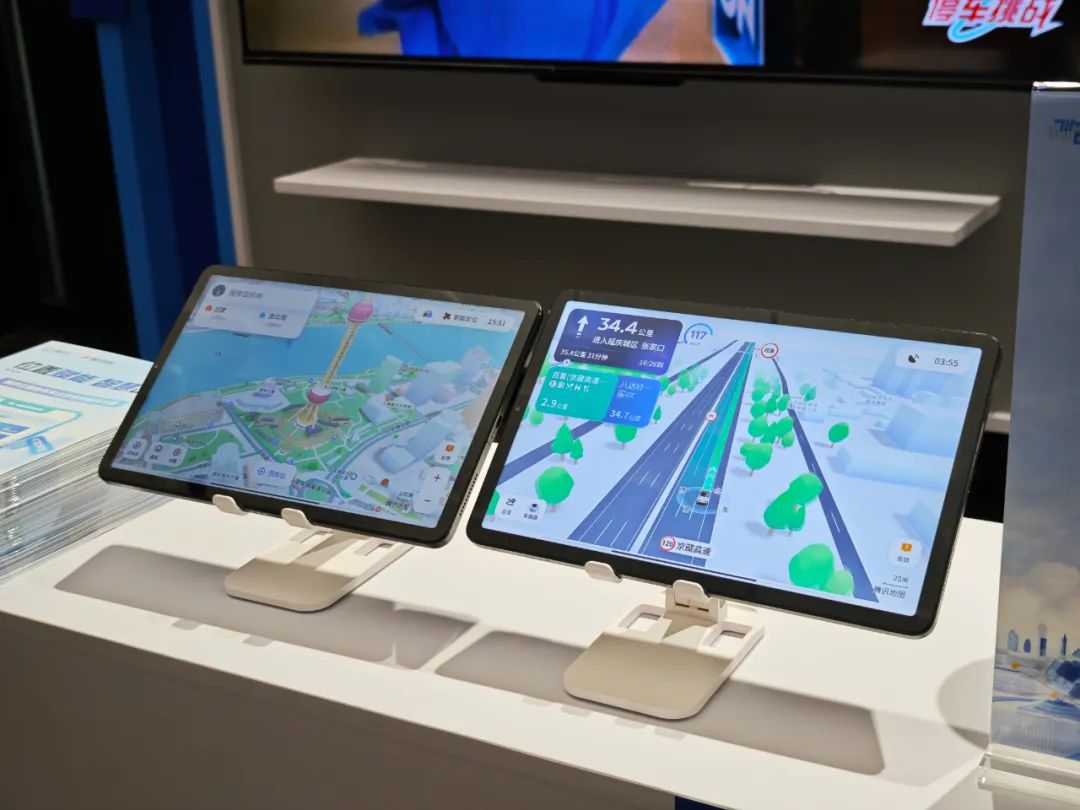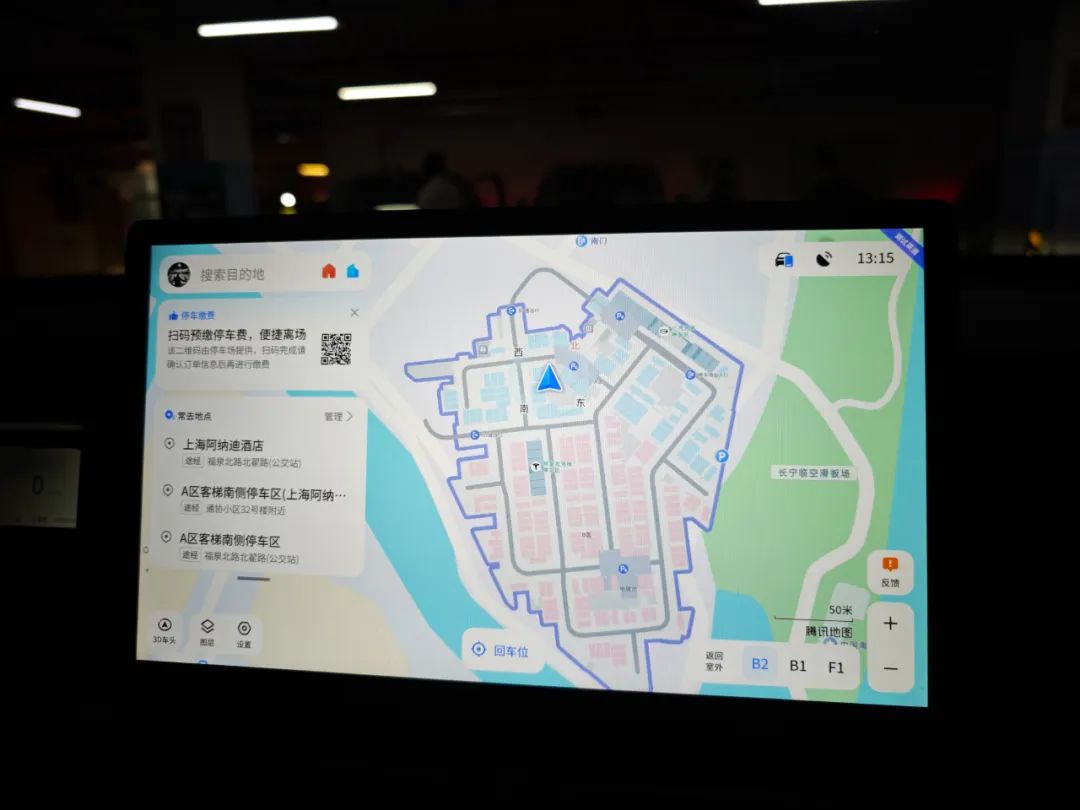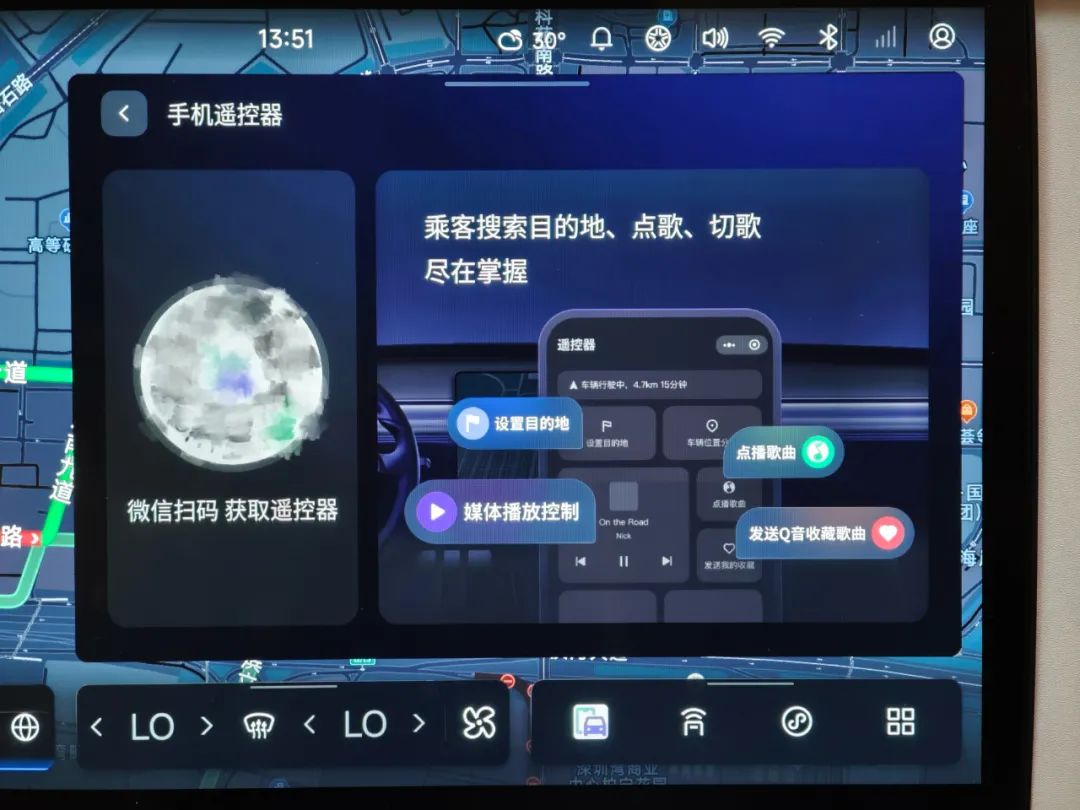Tencent Quietly Embarks on a Journey into the Automotive Industry Despite Not Manufacturing Cars
![]() 04/26 2025
04/26 2025
![]() 496
496

Source: SourceAuto
With Baidu's Robotaxi service thriving in 2025 and rumors swirling about Alibaba's potential collaboration with Tesla China on autonomous driving localization, Tencent can no longer remain a passive observer. On the eve of the Shanghai Auto Show, Tencent unveiled its comprehensive suite of automotive services.
'Tencent doesn't manufacture cars, but we fully support automakers in creating and selling exceptional vehicles.'
At Tencent's Smart Mobility Technology Day on April 22, Tang Daosheng, Senior Executive Vice President of Tencent Group and CEO of the Cloud and Smart Industries Group, began his speech with a familiar refrain. The last major corporation to repeatedly emphasize its non-automotive manufacturing stance was Huawei, which has firmly established itself at the heart of the automotive industry.
As an internet company, Tencent's automotive ambitions may not delve as deeply into the core of the automotive supply chain as Huawei's, but they are equally visionary.

According to Tang Daosheng, Tencent's automotive business broadly encompasses three key areas: AI, maps, and the WeChat ecosystem. In AI, Tencent offers a full-stack suite of capabilities that assist the automotive industry from model development to deployment and application. Automakers can swiftly tap into Tencent's AI expertise in areas such as intelligent assisted driving training and AI customer service.
Taking AI customer service as an example, Zhong Xuedan, Vice President of Tencent Smart Mobility, showcased a case where FAW Toyota extensively upgraded its intelligent customer service with Tencent Cloud's large model knowledge engine. Not only is the deployment of this large model straightforward, rapid, and cost-effective, but the results are immediate. Data indicates that after integrating AI capabilities, FAW Toyota's autonomous resolution rate for user inquiries surged from 37% to 84%.

Regarding maps, Tencent, as one of the few domestic enterprises holding both Grade A surveying and mapping qualifications for navigation maps and Grade A qualifications for internet map services, serves as the cornerstone for its partner automakers and intelligent driving solution providers to operate in China. Wu Xinzhou, Global Vice President of NVIDIA and Head of the Automotive Business Unit, and Zhou Guang, Founder and CEO of WeRide, both acknowledged in their speeches at the event that Tencent has aided them in addressing the significant issue of data compliance in intelligent assisted driving training.
Furthermore, a Tencent representative informed SourceAuto that while the automotive industry is trending towards 'light maps' or even 'no maps' for intelligent assisted driving that doesn't rely on high-precision maps, SD maps providing basic vehicle navigation information remain vital.

The representative also stated that Tencent offers differentiated mapping products, such as parking lot maps at the individual parking space level, currently covering over 3,000 commercial underground parking lots nationwide. NIO was the first to officially announce the integration of Tencent's parking lot maps last year, enabling parking lot navigation and assisting car owners in quickly locating charging stations, elevators, and other locations.
However, SourceAuto believes that Tencent's true strength in the automotive sector lies in the WeChat ecosystem.
No matter how proficient Tencent is in the aforementioned AI capabilities and map services, it still faces market competition, but WeChat stands out uniquely. As early as 2020, there was a trend of 'WeChat in cars' in the automotive industry, with mainstream domestic automakers like GAC Trumpchi and Changan featuring WeChat integration in their new vehicles as a key selling point.
However, due to the limited hardware performance of vehicle smart cabins at that time, only basic WeChat messaging was possible, and there were notable flaws in the user experience, such as privacy concerns with WeChat messaging in multi-person car scenarios. The 'WeChat in cars' trend didn't last long.

Today, the software and hardware technology of smart cabins has undergone a qualitative transformation compared to five years ago, offering more possibilities for WeChat's automotive applications. At the event, SourceAuto experienced several innovative features, including WeChat vehicle control, AI voice assistant integrated with WeChat Mini Programs for automatic coffee and tea ordering, which were highly impressive.
It's foreseeable that integrating the WeChat ecosystem into smart cars will usher in a series of novel application scenarios. This could be a shortcut for Tencent to popularize its automotive business within the industry and even garner attention and traffic from consumers.
Some images are sourced from the internet. Please inform us for removal if there is any infringement.








